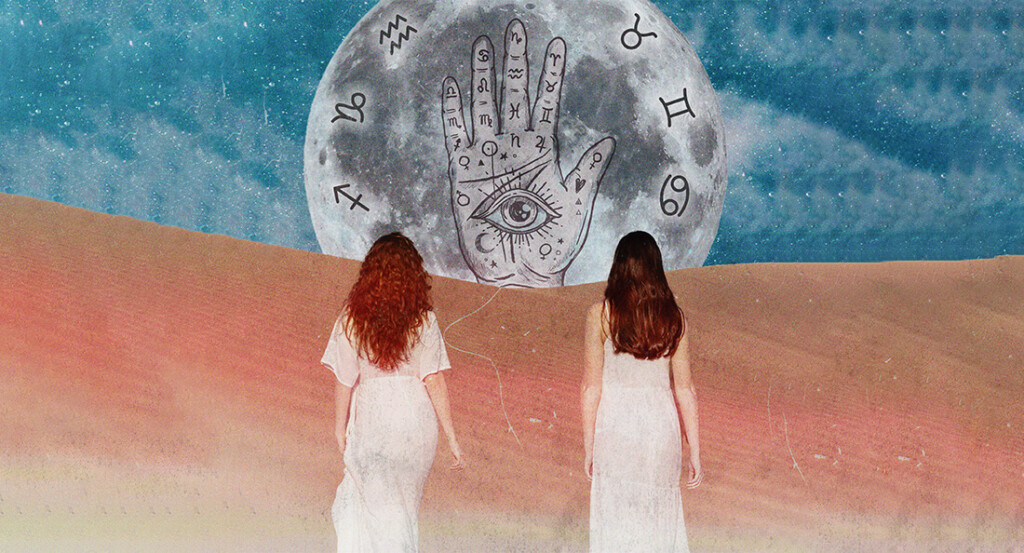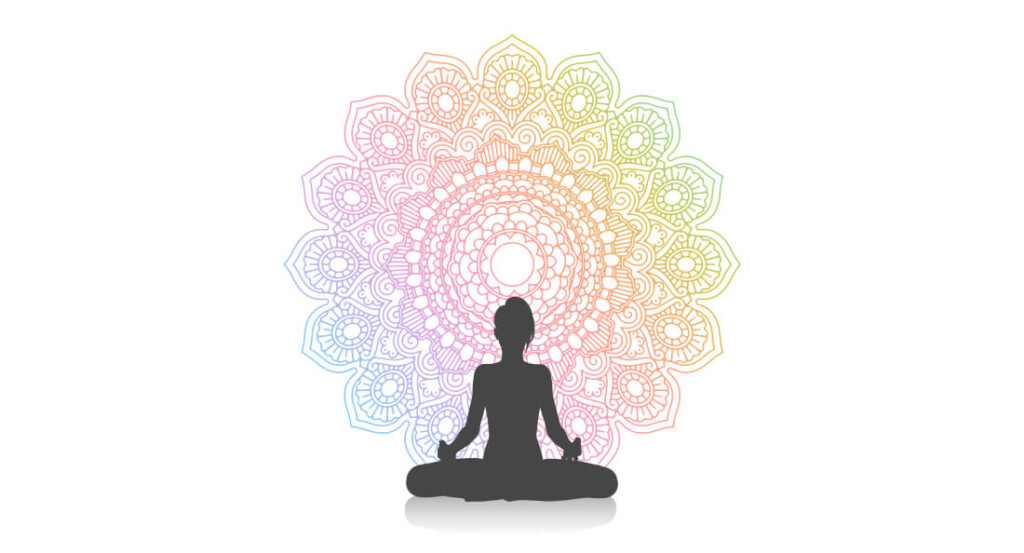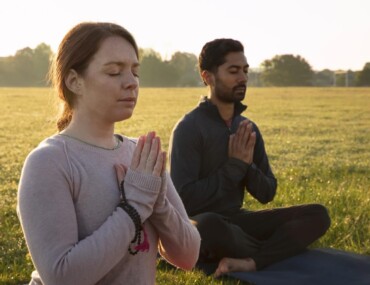Karma and Consciousness: The Path to the Inner Wisdom
(Based on the live discourse of Param Dwij)
(परम द्विज के प्रवचन पर आधारित)

Karma and consciousness are two profound concepts that have deep roots in spiritual traditions as they offer insights into the nature of human existence, ethics, and the seamless interconnectedness of all living beings.
Understanding Karma
Before delving into a detailed discussion of how karma can lead to conscious realisation, we should first understand what karma is.
According to the principle of karma, the deeds we perform during our lifetime significantly impact our future. Regardless of whether they are good or bad, these actions generate energy that ultimately returns to us in some shape or form. Depending on our personal beliefs, our actions’ consequences may affect our present and future life. Therefore, it is crucial to be mindful of the energy we put into the world and strive to do good whenever possible.

The Key Principles of Karma
1. The law of cause and effect of Karma posits that every action we take, whether physical, mental, or emotional, generates a corresponding reaction. If you do good, good will come back to you; if you do harm, harm will return to you.
2. Karma’s cyclic existence is not limited to a single lifetime but is thought to continue across multiple lifetimes, forming the samsara cycle of birth, death, and rebirth. Your actions in past lives can influence your current life, and your actions in this life can affect your future lives.
3. While karma suggests that actions have consequences, it also acknowledges the role of free will. People have the power to choose their actions, and you are responsible for the karma you accumulate.
4. Intent matters as Karma is not solely based on actions but also on intentions. Even if a seemingly good action leads to unfavourable consequences due to unforeseen circumstances, your intention behind the action still matters.

Karma and Its Different Types
Karmas can be categorised into three types, basically, Sanchita Karma is the sum total of all past karmas, both good and bad. The second one is Prarabdha Karma, which currently affects life, determining circumstances and experiences. Kriyamana Karma is the karma created by actions in the present, which adds to their Sanchita Karma.
Exploring the Connection Between Karma and Consciousness
There are Different Levels of Consciousness.
Consciousness can be basically categorised into three major ones. The first one is the wakeful consciousness, which is the state of being fully aware and alert, characteristic of regular waking hours.
The second one is the subconscious mind, which is beneath the surface of wakeful consciousness that stores memories, emotions, and beliefs that influence daily behaviour.
The third one is the unconscious mind, which is deeper still, and repressed memories and primal instincts reside, often affecting behaviour without conscious awareness.
Consciousness is a multifaceted and complex phenomenon that refers to the state of awareness in which an individual perceives and comprehends their surroundings, thoughts, emotions, and experiences that they come across in their daily life. Consciousness plays a pivotal role in shaping human behaviour and responses to external stimuli. In fact, the relationship between karma and consciousness is complex but profound.

1. Actions are Rooted in Consciousness
Every action an individual takes originates from human consciousness, for our thoughts, emotions, and intentions shape our course of action. This is the reason understanding and cultivating a higher level of consciousness can lead to more positive and compassionate actions, which, in turn, can generate Sukarma karma.
2. Consequences Influence Consciousness
The consequences of our actions can influence our consciousness, as positive outcomes often lead to a more peaceful and content state of mind. In contrast, negative outcomes can create inner turmoil and suffering. This connection underscores the importance of making ethical choices.
3. Karma – a Means for Spiritual Growth
Karma has been seen as a path to enlightenment that can result in spiritual and personal growth. By becoming aware of the karmic patterns in life, humans can learn valuable lessons, break free from negative cycles, and evolve towards higher states of consciousness.
4. Transcending Karma
Some spiritual paths focus on transcending the cycle of karma altogether, which is often achieved through practices such as meditation, self-reflection, self-realisation, and other spiritual practices, which lead to a state of consciousness beyond the dualities of sukarma, good karma, and vikarma, bad karma.
Karma and consciousness are intertwined aspects of human existence, representing the intricate dance between actions and awareness. Karma teaches humans about the consequences of their deeds and the seamless interconnectedness of all life, while consciousness provides the awareness and intention that drive those actions and helps in the spiritual journey by understanding and harmonising these two profound concepts.
Karma And Consciousness
The universal law of karma is an intrinsic part of our being, as each individual mind is moulded by the various activities and sanskaras that shape their actions and reactions. These actions, in turn, can be classified as either virtuous or sinful, depending on their nature. However, the power of consciousness transcends this process of nature and is unburdened by the constraints of karma. However, consciousness transcends this process of nature and is free from the constraints of karma, as such, the more conscious and aware we become, the greater we gain freedom and the ability to make choices. Developing awareness is the ultimate tool people use to liberate themselves from the bondage of karma. Karma yoga helps people develop a deeper understanding of the nature of their actions, including the motivations, hopes, expectations, and fears that lead them to the realisation. By cultivating this awareness, they become more in tune with their true selves and higher consciousness, thus gaining greater freedom and choice.
Karma and Meditation
Meditation is the most essential tool for managing karma, which allows us to understand the root cause and nature of our karmic patterns. Through developing awareness, we can respond to our patterns and cultivate a calmer mind and nervous system, leading to more peace and wisdom.




